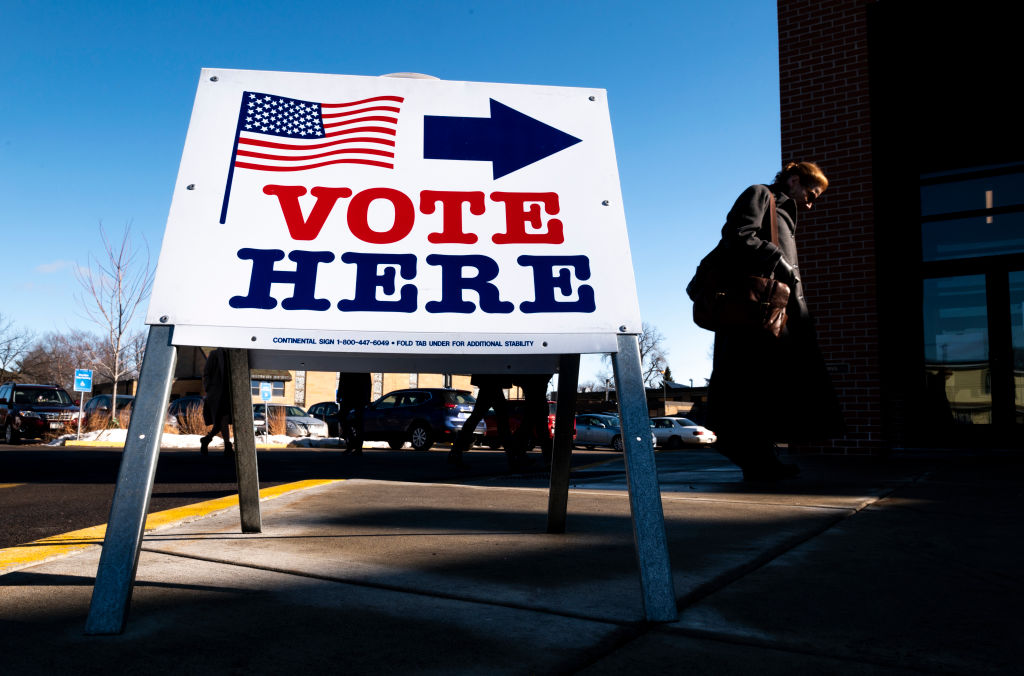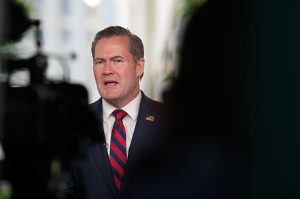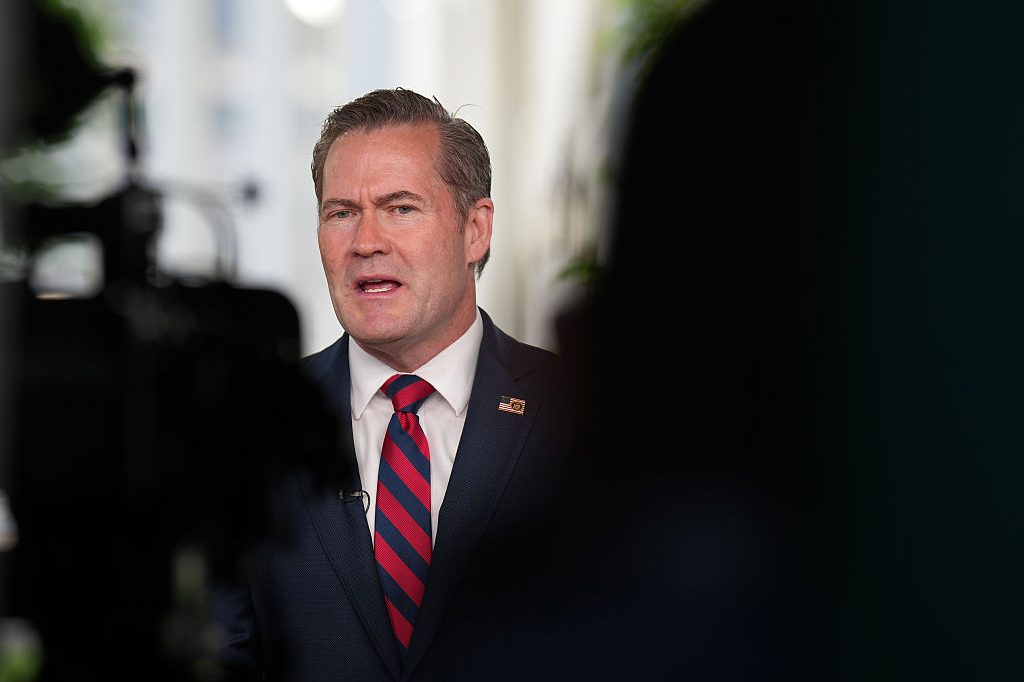Psephologists of the world unite: you have nothing to lose but your fibs!
I write toward the end of September, when many pollsters are still treating their prognostications as a form of fan fiction. For example, one poll has star trooper Mark Kelly ahead of Blake Masters by 6.2 points in the Arizona race for US Senate. That, ladies and gentlemen of the jury, is ridiculous. Punditry isn’t prophecy, but mark my words: Blake Masters, absent some intervening catastrophe, is going to win that race and win convincingly.
I am going to stick my neck out and say the same about John Fetterman and Mehmet Oz in the Senate race in Pennsylvania. “The polls” have Fetterman ahead by 4.5 points. But Fetterman, poor thing, quite apart from being a left-wing bobblehead who has taken to referring to himself as “Fetterwoman,” is a babbling puddle of diminished capacity, having suffered a stroke in May just a few days before the Democratic primary. Dr. Oz, smooth, articulate, personable, is going to crush Fetterman.
It is not true, by the way, as some ungenerous commentators might conclude, that cognitive decline and rhetorical incapacity are official prerequisites for high office in the Democratic Party, Joe Biden, Kamala Harris and Nancy Pelosi notwithstanding. Possibly such traits give candidates a leg up among people who identify as “progressive.” I decline to speculate about that. But such things are not actually part of the job description.
You know, Dear Reader, why pollsters with an ax to grind or a candidate to flatter misrepresent the truth. They do it to “shape the narrative,” to influence public opinion and voter sentiment. If your guy is way behind in the polls, that tends to have a dampening effect on an elusive but nonetheless potent quality, enthusiasm. And enthusiasm, difficult though it can be to measure, is a reliable sign of more easily countable realities, like crowd turnout at events and dollars flowing into campaign war chests.
You also know some of the ways that pollsters get away with their little fables. If they are keen on a Democratic candidate, they might canvass more Democratic than Republican voters. They might pay attention to the demographics of the neighborhoods in which they conduct their inquiries. They might frame their questions in a way calculated to elicit the desired response. Human ingenuity is a remarkable thing.
Of course, by the time you read this, the polls will have narrowed. Why? Because pollsters, too, are human. They have mortgages, school fees and holidays to pay for. It’s one thing to say Loser X, favored by Hollywood, CNN and readers of the New York Times, is thirty-seven points ahead three months before the election. It is quite another to maintain the fiction a week or two out. Voters, and the people writing checks for pollsters, may not have long memories. But most can remember what you predicted a week before an election. If you want the gig next time around, it behooves you to let candor trump wishful thinking as the big day approaches.
I have never put much stock in political extrapolations based largely on past patterns. The fact that most midterm elections have favored the party out of power may provide interesting data points. I don’t see that such contingencies have much predictive power.
There are plenty of things, however, that do have predictive power. One is the price of energy, especially gasoline. Another is the direction of the stock market, whose indices measure not only markets but such correlative repositories as the size of your family’s retirement fund. A third is the rate of inflation, which shows up immediately at the meat market, car dealership, or travel agency. There are so many pesky numbers. In the spring, you could get a mortgage for 3 percent. Now you’ll pay 6 percent. It seems abstract until you try to figure out how much of a mortgage you can afford.
I am sure that people with a vested interest in keeping the Democratic gravy train running at full speed are working overtime to concoct some October surprises. But I see energy prices, inflation and interest rates going only in one direction. Politicians lecturing people about climate change, green energy, transsexual bathrooms and perpetual racial inequities are going to have a hard time being heard over the cha-ching of the cash registers depleting their bank accounts.
Whenever the subject turns to elections, I try to find an opportunity to quote Harold Wilson’s observation that a week is a long time in politics. That is true. A month is even more iffy: a lot can happen between the end of September and November 8. There is a big difference, though, between “can happen” and “is likely to happen.” Possibility is cheap.
What is probable is that Republicans will increase their numbers by between thirty-five and fifty seats in the House and three to five seats in the Senate. Most of those gains, by the way, will be from candidates endorsed by Donald Trump. That worries Democratic strategists and other NeverTrumpers. It should. Midterms are always an on-ramp to the next presidential election. This time the entrance is to an expressway with no posted speed limit.
This article was originally published in The Spectator’s November 2022 World edition.

























